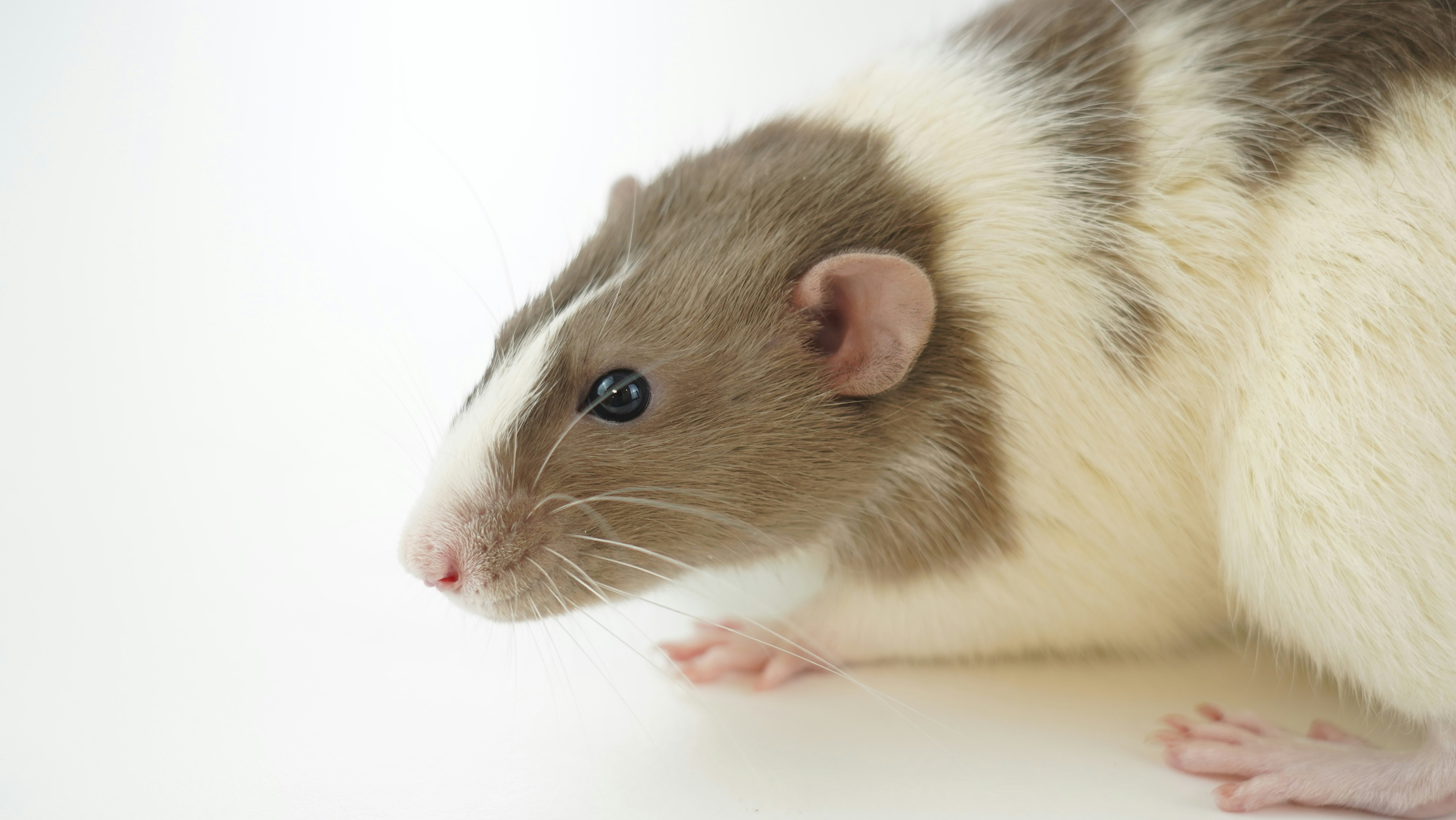News release
From:
Low pregnancy iron levels linked to sex reversal in utero
Iron deficiency in pregnancy may influence the sex development of a baby in utero, researchers have found.
An 8-year international study involving The University of Queensland found a low-iron diet in pregnant mice caused male-to-female sex reversal in a proportion of their embryos.
Emeritus Professor Peter Koopman from UQ’s Institute for Molecular Bioscience, working with researchers from Osaka University, investigated whether iron levels in cells in a developing embryo could affect a key gene, Sry, responsible for male sex determination in mammals.
The research showed iron deficiency in pregnant mice led to the development of ovaries in some offspring carrying XY chromosomes that typically determine male sex.
“Our findings establish a role for iron in sex determination and raise the possibility that iron is also important for other aspects of fetal development in ways not previously imagined,’’ Emeritus Professor Koopman said.
“This is a remarkable scientific result, and the findings are new, unexpected, and very clear.”
Emeritus Professor Koopman said the effects of iron deficiency on human pregnancies were not investigated.
“Iron deficiency affects an estimated 40 per cent of pregnant women, and iron has not been previously suspected of influencing sex determination in the embryo,” he said.
“No dietary influences on sex development have ever been established scientifically before.’’
Some of the mice offspring became sex reversed from the iron-deficient diet, but sex reversal was not observed in any of the mice fed a normal diet.
The study also found the male to female sex reversal was only seen in a strain of mice genetically susceptible to the effects of iron deficiency.
“It is possible the results mean that the potential for sex reversal may be a concern to a subset of pregnant women who are already predisposed in some way to iron deficiency,’’ Emeritus Professor Koopman said.
“The challenge ahead is to determine whether and in what situations the results are applicable to human pregnancies, but at this point it is reasonable to suggest that attention to dietary iron intake may be a prudent precautionary measure for all pregnant women.’’
The research is published in Nature.



 Australia; QLD
Australia; QLD



